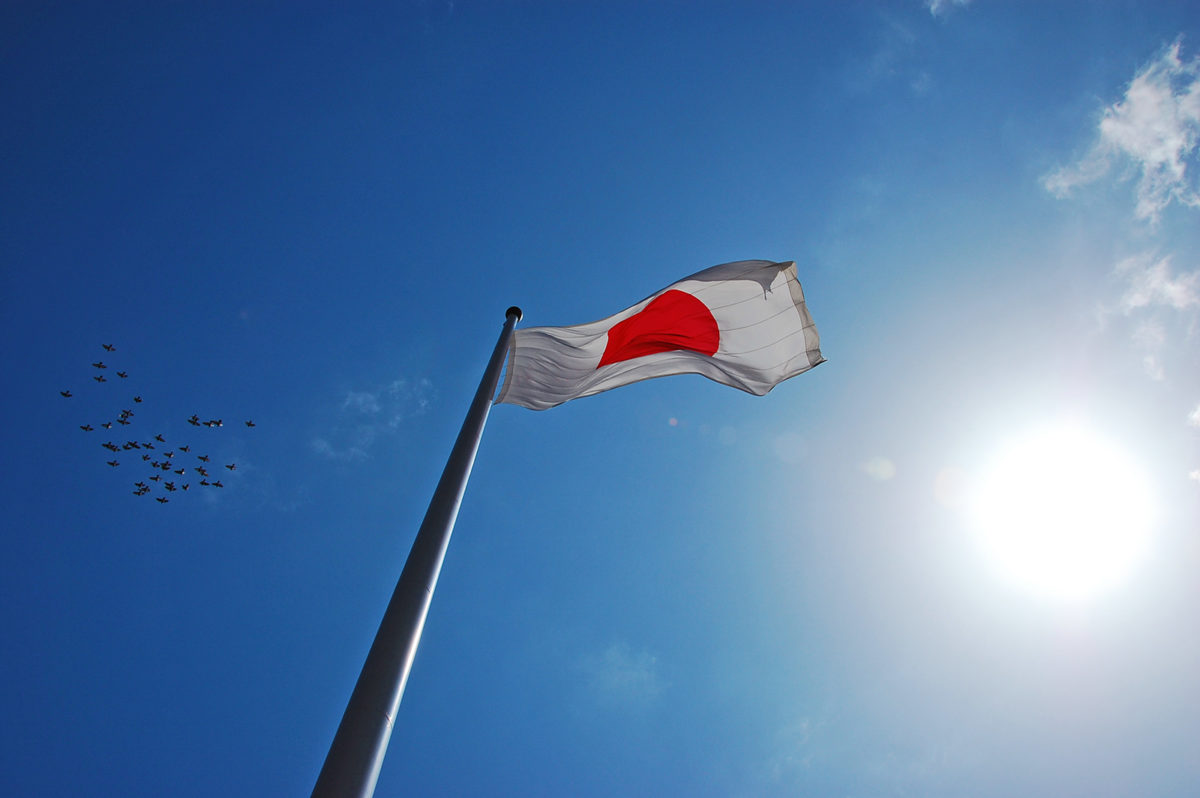Taiwanese analyst Energytrend reports the Japanese Ministry of Environment is looking to subject large scale PV farms to the nation’s Environment Impact Assessment Act, with the policy set to come into effect by next fall.
Until now investors had to submit solar project plans to the Ministry of Economy, Trade and Industry for review, Energytrend says, under Japan's Electricity Business Act.
By 2016, the scale of deforestation caused by PV installation had risen twelvefold from 2012, Japan's Forestry Agency reported, with 2,600 hectares replaced by large scale solar farms. Such extensive PV deployment has prompted opposition from environmental groups and residents, forcing local authorities to come up with solutions to keep citizens and business happy whilst adhering to climate change targets, in a nation where the Fukushima nuclear reactor meltdown in 2011 decisively turned the tide against nuclear.
As of June, 32 prefectures and 17 cities had put in place regulations to prevent citizen disputes, however Energytrend says such moves have not always been successful. The issues arising pertain to the protection of rare bird and insect species whose habitats are destroyed through PV deployment. In Fujinomiya City, in the Shizuoka prefecture for example, residents are concerned planned solar projects could spoil the landscape of Mount Fuji. Protests have led the Ministry of Environment to revise the Natural Parks Act to include provisions requiring investors to apply to the pertinent authorities to set up PV stations in national parks.
Creating a more streamlined regulatory regime – rather than a patchwork of acts depending on the location of plants – is one goal of the new policy. Subjecting utility scale solar farms to the Environment Impact Assessment Act would make citizen dialogue easier, says Energytrend. According to the act, investors would need to conduct site assessments and establish dialogue with residents before the construction and final planning of sites.
‘Why should solar be an exception?'
The ministry has yet to determine the minimum size of plant the act would apply to. An initial experts’ meeting on the matter was held by the Ministry of Environment on Thursday. Delegates reportedly discussed standards regarding the space occupied by solar farms and their impacts on landscape and ecology.
Energytrend says critics, mostly from the solar industry, have pointed out implementation of the rule would incur higher costs and slow deployment, threatening Japan's ability to meet its 2030 renewable energy target.
However there are supporters of tougher regulation. The analysts quote Mitsuru Tanaka, a sociology professor at Hosei University, as an example. The professor says renewable energy generators should be obliged to comply with environmental protection just like other industries.
Such regulation is already in place for wind, hydro, geothermal, and nuclear plants, as well as large infrastructure projects including roads, urban enlargement schemes, airports, power lines and so on. Similar environmental regimes for PV are also in place in other markets, including the EU and North America. The EU, for example, requires a two-stage review process establishing high level and citizen dialogues, as well as the actual environmental review required for all new renewable energy generation sites.
For example, the operator of a 1 MW solar farm in Salmdorf, near Munich, was required to install a chainlink fence to allow animals such as hares and pheasants unimpeded access and also created a pond to provide a spawning ground for toads, under the ‘green toad scheme’, developed with the local authority. On the same site, a managed grassland for the repopulation of rare plants including the oxeye daisy, meadow salsify, spreading bellflower and others was established.
This content is protected by copyright and may not be reused. If you want to cooperate with us and would like to reuse some of our content, please contact: editors@pv-magazine.com.




By submitting this form you agree to pv magazine using your data for the purposes of publishing your comment.
Your personal data will only be disclosed or otherwise transmitted to third parties for the purposes of spam filtering or if this is necessary for technical maintenance of the website. Any other transfer to third parties will not take place unless this is justified on the basis of applicable data protection regulations or if pv magazine is legally obliged to do so.
You may revoke this consent at any time with effect for the future, in which case your personal data will be deleted immediately. Otherwise, your data will be deleted if pv magazine has processed your request or the purpose of data storage is fulfilled.
Further information on data privacy can be found in our Data Protection Policy.